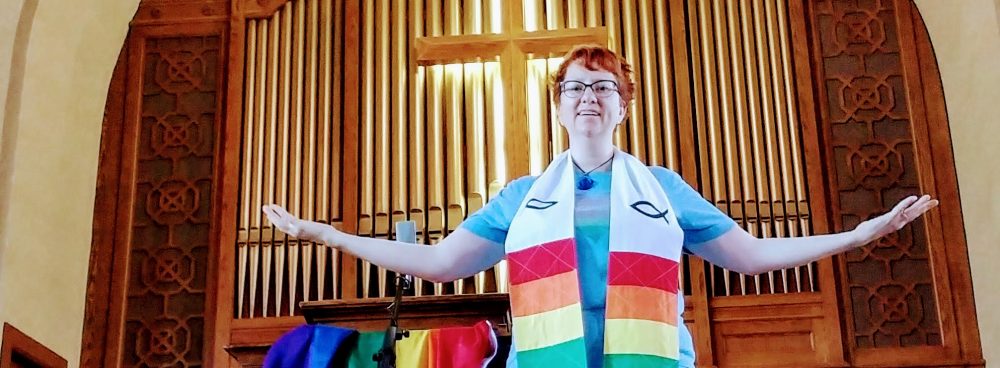
Photo by Isabella Mariana on Pexels.com
Genesis 38 focuses on a story about Judah, the fourth son of Jacob and Leah. Jacob married Shua’s daughter and they had three sons. Their oldest son, Er, married a woman named Tamar. Er died without children. At the time, there was a custom called Levirate marriage. In this custom, the closest male relative of a man who died without children would have sex with the widow. If she became pregnant, those children would be credited to the dead husband. In this story, after Er’s death, his younger brother Onan took Tamar but avoided getting her pregnant. He also died. Judah didn’t want his third son to die and so sent Tamar home to her family.
As a widow without children who has been sent home, Tamar has lost her identity in the community. She is not a wife, not a mother. She exists as a daughter/widow that no one really wants. Without children, Tamar’s status will not change. She knows that Er has another brother that Judah has avoided giving her.
When Tamar hears that Judah will be nearby she dresses as a temple prostitute (which was a recognized role in the Canaanite community). She holds Judah’s signet ring, cord and staff as collateral to collect payment at a future date. In their encounter, Tamar becomes pregnant. Judah’s immediate response upon hearing of the pregnancy is to call for her burning.
Tamar reveals the collateral belonging to Judah and her life is saved. She now has a place in the community as a widowed mother. In the first part of the story, Tamar is simply shuttled between men—her father, Er, Onan, and back to her father. It is Judah who controls these relationships and her living arrangements.
In the second part of the story, Tamar takes responsibility for her life and her place in the community. The story does not condemn Tamar for using her sexuality to create a social role and security for herself. In Matthew 1, Tamar is listed as part of Jesus’ genealogy.
In the Genesis story, it is Judah whose conduct is called into question. By refusing to provide for his son’s widow and creating a situation where Tamar has no role in the community, Judah avoids his responsibility. It is Tamar who publicly holds him to account for his lack of concern. Tamar becomes the hero of the story.
Many strong, courageous women follow in Tamar’s footsteps to create a place and a role for themselves. They refuse to be defined by the expectations that their communities and families place on them.










